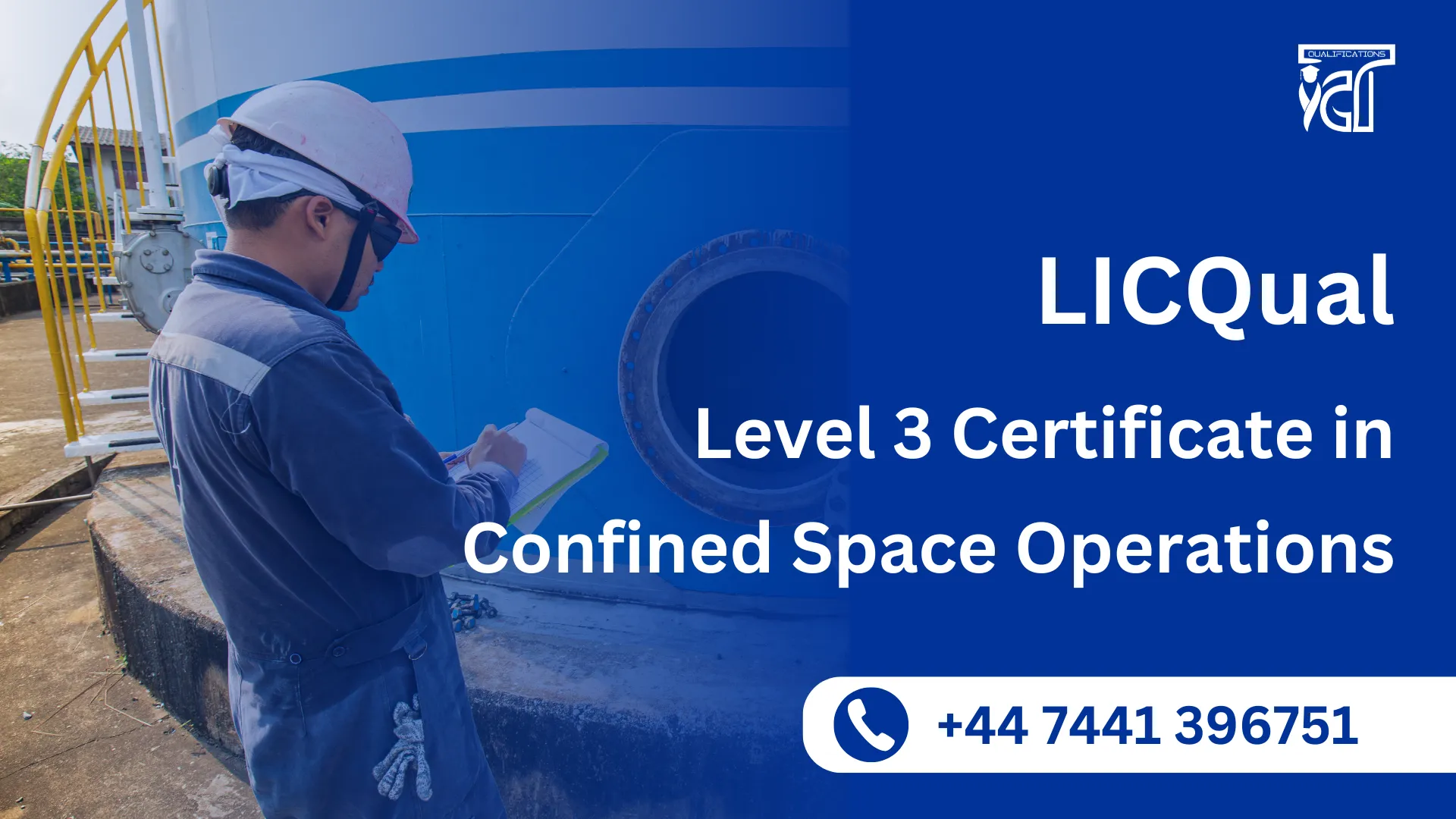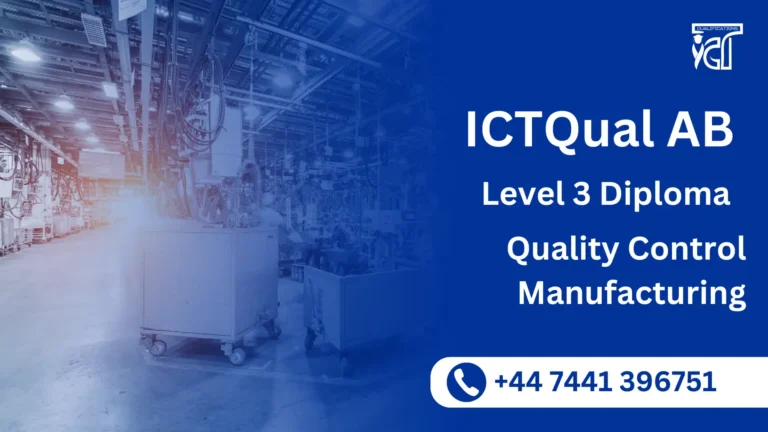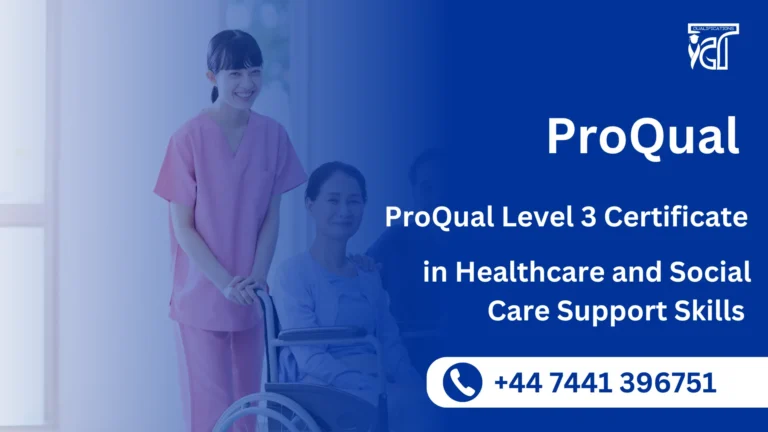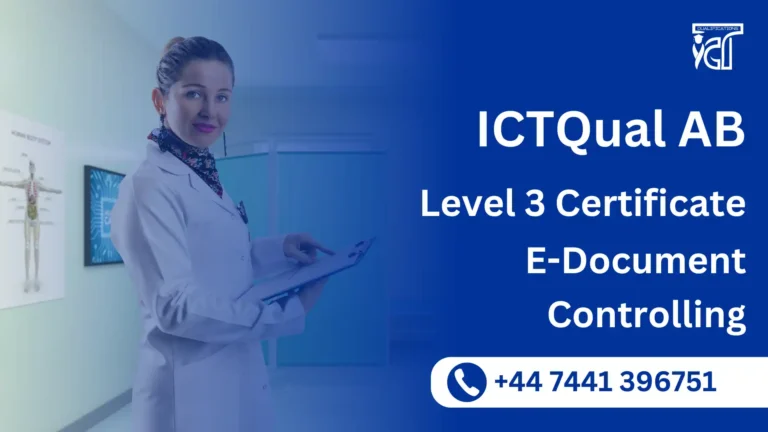The LICQual Level 3 Certificate in Confined Space Operations is a comprehensive, practical qualification aimed at individuals who already possess basic knowledge of confined space work. Building on foundational training, this advanced course prepares workers and supervisors to take on more complex tasks and responsibilities in confined space environments, ensuring safety and compliance with legal standards.
This certification is ideal for those involved in confined space entry, supervision, or rescue operations, and is suitable for professionals in sectors such as construction, utilities, oil & gas, and maintenance.
Develop a strong understanding of complex permit-to-work systems, including how to manage and authorize confined space entries safely. This includes managing permits for entry, work, and emergency scenarios.Gain the skills necessary to supervise confined space operations effectively. This module covers the legal responsibilities of supervisors and how to monitor work activities to ensure compliance with safety protocols.
This course equips learners with the advanced skills required to handle complex confined space tasks, ensuring workers are prepared for a variety of scenarios and emergencies.By focusing on advanced safety procedures, this qualification helps improve safety standards in the workplace, significantly reducing the risk of accidents in high-risk confined space environments.
The LICQual Level 3 Certificate in Confined Space Operations is an essential qualification for professionals involved in confined space entry, supervision, and emergency response. By gaining this qualification, workers not only ensure compliance with legal requirements but also enhance workplace safety and significantly reduce risks associated with confined space work. This certification is a crucial step for those seeking to advance their careers in industries where safety and expertise are paramount.
LICQual Level 3 Certificate in Confined Space Operations
Following are the mandatory units of LICQual Level 3 Certificate in Confined Space Operations
| Unit Ref# | Unit Title | Credit | GLH |
| LICQ2200093-1 | Introduction to Confined Space Operations | 4 | 20 |
| LICQ2200093-2 | Risk Assessment and Safety Precautions | 4 | 20 |
| LICQ2200093-3 | Confined Space Equipment and PPE | 4 | 20 |
| LICQ2200093-4 | Confined Space Entry Procedures | 4 | 20 |
| LICQ2200093-5 | Confined Space Rescue and Emergency Response | 4 | 20 |
| LICQ2200093-6 | Practical Application of Confined Space Operations | 4 | 20 |
GLH (Guided Learning Hours) and TQT (Total Qualification Time) are terms commonly used in vocational qualifications to help define the amount of time a learner is expected to spend on their studies.
1. GLH (Guided Learning Hours)
GLH refers to the number of hours a learner spends being directly taught, supervised, or supported during their course. This includes the time spent in activities such as:
- Classroom instruction
- Practical workshops
- One-on-one tutoring or mentoring sessions
- Online learning sessions with tutor support
In other words, GLH represents the time that learners are actively engaged with their instructors or learning activities.
2. TQT (Total Qualification Time)
TQT represents the total amount of time a learner is expected to invest in completing a qualification, including:
- GLH (Guided Learning Hours): Time spent on direct learning, as explained above.
- Self-Directed Learning: This includes time spent on independent study, research, assignment completion, preparation for exams, and any other work the learner does outside of direct teaching hours.
TQT is a broader measure that includes all the time required to achieve the qualification. It helps learners and employers understand the overall commitment required for the qualification.
Key Differences Between GLH and TQT:
- GLH focuses on direct learning with guidance or supervision.
- TQT includes GLH as well as independent study time and other learning-related activities.
Example:
If a qualification has a TQT of 600 hours and a GLH of 250 hours, it means the learner should spend 250 hours in direct learning (classroom, online, or tutor-led sessions) and 350 hours on independent study or research.
By the end of this course, learners will be able to:
Introduction to Confined Space Operations
- Demonstrate an understanding of the types of confined spaces and their inherent risks.
- Recognize the key roles and responsibilities of personnel involved in confined space operations.
- Understand the importance of confined space safety planning and compliance with industry regulations.
- Identify the potential dangers associated with confined spaces and explain the necessity of proper safety measures.
Risk Assessment and Safety Precautions
- Conduct comprehensive risk assessments for confined space work, identifying and evaluating hazards.
- Implement safety control measures to mitigate risks associated with confined space operations.
- Understand and apply safety precautions to prevent incidents, ensuring the safety of workers before, during, and after entry.
- Develop and communicate effective risk management plans tailored to specific confined space environments.
Confined Space Equipment and PPE
- Identify and select the appropriate confined space equipment and PPE based on the specific risks of each operation.
- Demonstrate proper use and maintenance of equipment such as gas detectors, ventilation systems, and communication tools.
- Understand the different types of PPE (e.g., harnesses, respirators) required for confined space entry and emergency scenarios.
- Ensure that all equipment is in working order and suitable for the conditions of the confined space before use.
Confined Space Entry Procedures
- Explain the step-by-step procedures for safe entry and exit from confined spaces, including pre-entry checks and briefing.
- Ensure that all environmental conditions and safety equipment are checked and monitored throughout the entry process.
- Apply best practices to safely initiate, maintain, and terminate confined space operations.
- Understand and follow protocols for maintaining communication and monitoring while inside confined spaces.
Confined Space Rescue and Emergency Response
- Demonstrate knowledge of emergency response protocols and the steps to take in the event of an incident.
- Understand the roles and responsibilities of rescue teams in confined space emergencies.
- Apply confined space rescue techniques, including the use of emergency equipment such as stretchers, ropes, and breathing apparatus.
- Perform basic emergency first aid and response procedures, ensuring the safety of all personnel involved in the rescue.
Practical Application of Confined Space Operations
- Apply theoretical knowledge to real-world confined space situations through practical exercises.
- Demonstrate the ability to perform risk assessments, safely use confined space equipment, and follow entry and exit procedures.
- Participate in realistic emergency response drills, demonstrating the ability to manage confined space incidents safely and effectively.
- Gain hands-on experience to ensure preparedness for confined space operations in actual work environments.
Benefits of the LICQual Level 3 Certificate in Confined Space Operations
- Advanced Competency in Confined Space Work
- This course provides in-depth knowledge and hands-on skills to safely enter and work in confined spaces, making you proficient in managing complex confined space operations.
- Enhanced Safety Practices
- Learners will be trained to identify, assess, and control risks in confined spaces, improving overall safety and minimizing the potential for accidents or injuries in high-risk environments.
- Compliance with Legal and Regulatory Standards
- The course ensures that learners meet regulatory and industry-specific safety standards, helping organizations comply with health and safety legislation regarding confined space operations.
- Increased Job Opportunities and Career Progression
- The Level 3 Certificate enhances your qualifications and opens up job opportunities, especially in sectors such as construction, utilities, oil and gas, and maintenance, where confined space work is essential.
- Effective Emergency Response Skills
- Learners will be equipped with the expertise to respond to emergency situations, including performing rescues and evacuations, which is a crucial skill for any confined space worker or supervisor.
- Recognition Across Multiple Industries
- As a globally recognized qualification, the LICQual Level 3 Certificate is accepted across various sectors and countries, adding value to your resume and allowing you to work internationally.
- Improved Risk Management and Supervision Skills
- Supervisors and safety managers will benefit from this course by learning how to oversee confined space work more effectively, ensuring that safety protocols are followed and minimizing risks to workers.
- Real-World Application
- The training is designed with practical application in mind, ensuring that learners can apply their skills in real-world scenarios, handling confined space challenges with confidence and competence.
- Foundation for Further Training and Development
- This qualification can serve as a stepping stone for more advanced certifications in confined space rescue operations or health and safety management, further boosting career prospects.
- Confidence in Managing Confined Space Hazards
- The course covers a wide range of confined space hazards and provides learners with strategies to mitigate them, giving you the confidence to handle complex tasks and situations safely.
This diploma is ideal for:
- Supervisors and Confined Space Workers
- Designed for individuals responsible for supervising or performing confined space operations in high-risk environments, ensuring safety and compliance at all stages of the work.
- Industry Professionals
- Perfect for workers in industries such as construction, utilities, manufacturing, and engineering, where confined space entry and operations are routine and require specialized skills.
- Safety Officers and Supervisors
- Safety professionals who oversee confined space operations, ensuring that workers comply with safety regulations and that operations are conducted in the safest possible manner.
- Career Advancers
- Those looking to advance their careers in confined space operations by acquiring an advanced qualification that demonstrates proficiency in handling confined space tasks and ensuring safety.
- Experienced Workers Seeking Skill Enhancement
- Individuals who already have experience in confined space entry but want to enhance their leadership, knowledge, and technical skills in confined space safety and operations.
- Employers and Managers
- Ideal for employers who need to train their teams in the latest confined space safety techniques and ensure compliance with industry-specific standards and legal requirements.
- Emergency Response Personnel
- Emergency response teams or rescue personnel who need specialized training in confined space rescue techniques, emergency protocols, and handling hazardous situations in confined spaces.
Entry Requirements
Register Now
Qualification Process
Qualification Process for the LICQual Level 3 Certificate in Confined Space Operations
- Self-Assessment:
Begin by evaluating your eligibility to ensure you meet the qualification requirements, including work experience, knowledge, and language proficiency. - Registration:
Complete your registration by submitting the required documents, including a scanned copy of a valid ID, and paying the registration fee. - Induction:
An assessor will conduct an induction to confirm your eligibility for the course and explain the evidence requirements. If you do not meet the criteria, your registration will be canceled, and the fee will be refunded. - Assignmnets & Evidence Submission:
Provide all assignmnets and the necessary evidence based on the assessment criteria outlined in the course. If you are unsure of the required evidence, consult with the assessor for guidance on the type and nature of evidence needed. - Feedback and Revision:
The assessor will review your submitted evidence and provide feedback. Evidence that meets the criteria will be marked as “Criteria Met,” while any gaps will be identified. You will be asked to revise and resubmit if needed. - Competence Evidence:
Submit final evidence demonstrating that all learning outcomes have been met. This evidence will be marked as “Criteria Met” by the assessor once it is satisfactory. - Internal Quality Assurance (IQA):
The Internal Quality Assurance Verifier (IQA) will review your evidence to ensure consistency, quality, and compliance with standards. - External Verification:
The IQA will submit your portfolio to LICQual External Quality Assurance Verifiers (EQA) for final confirmation. The EQA may contact you directly to verify the authenticity of your evidence. - Certification:
Upon successful completion of all checks, LICQual will issue your official certificate, confirming that you have attained the LICQual Level 3 Certificate in Confined Space Operations.







